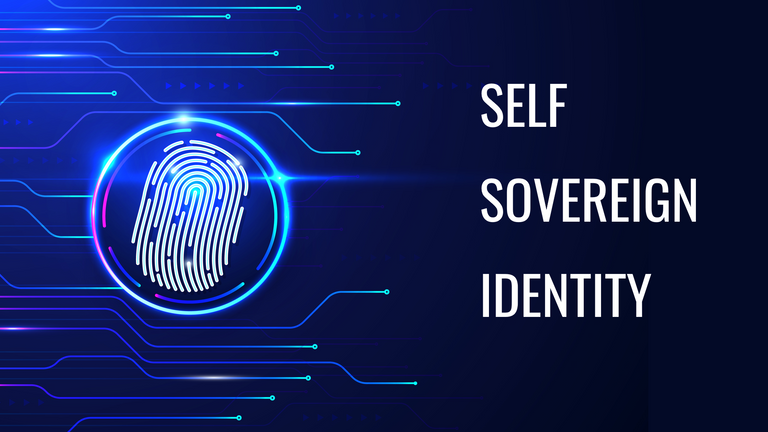
It was only two months ago when I first heard about Self Sovereign Identities (SSID) at the Ethereum KL meetup organised by our mate Harith Iskander.
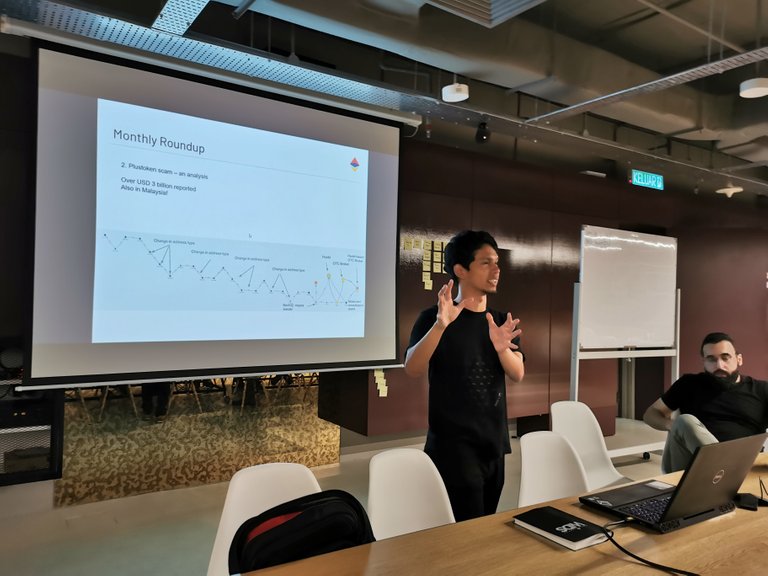
I did not expect that one month later, I would meet someone who is building a tool at the very forefront of this area.
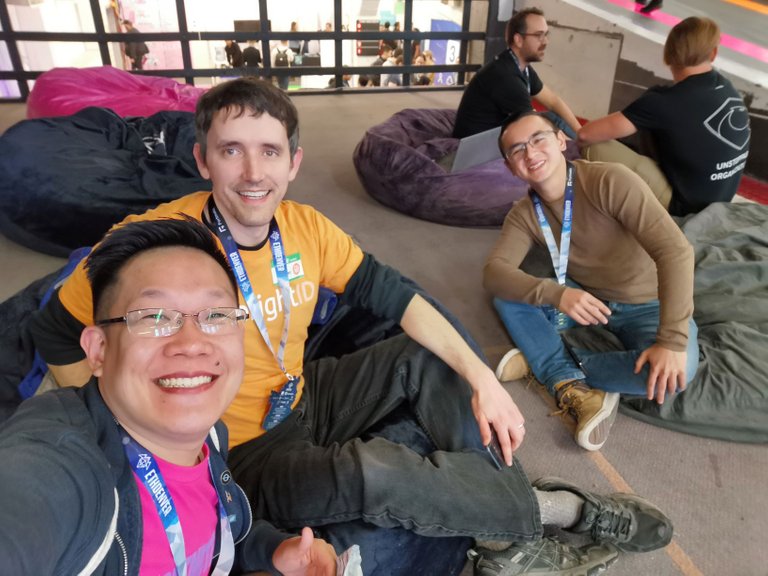
Adam wants to help give everyone on this planet earth a new digital birth certificate for the new Internet era.
Every person only can have one. And there is quite an interesting process how to ensure that one person can only have one.
But first...
Why do you need a new digital birth certificate for the Internet
If you care about
- Your privacy
- Your personal data being accessed or misused
- Risk of someone fraudulently claiming to be you
Then what Adam and his team are building might be of interest to you because it is an experiment that aims to solve a range of these problems and unlock a tsunami of benefits and opportunities previously not possible.
How is it different from what we have now
Right now we have national ID and passports to identify who we are.
It still works. That's why we continue to use them. But it has many flaws. One of them involves certain groups of powerful men who can silently breach our privacy data and put us in harms way e.g. they know who you voted in the general election, can single you out and then punish you.
I had a chance to speak to Adam yesterday and this is what I learnt about his new digital birth certificate solution.
Your new global SSID
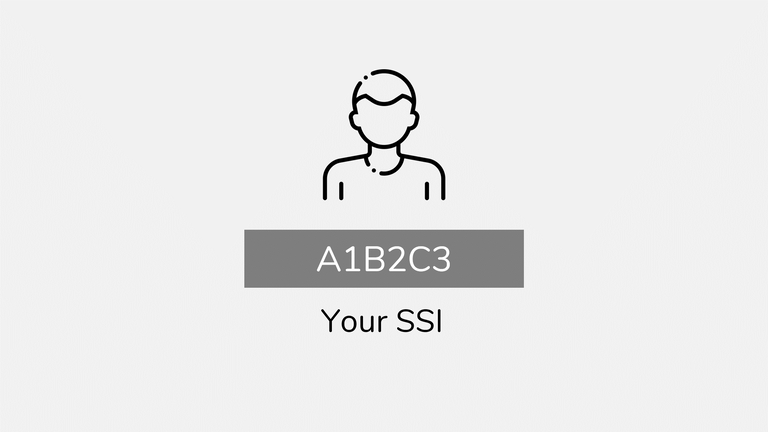
- Each person can only have one.
- Your SSID requires no personal information from you.
- All you know is that this SSID belongs to you.
(The example here being #A1B2C3)
Make sure only a few people know that #A1B2C3 is you. Otherwise, a lot of people would easily know this publicly visible SSID #A1B2C3 is you.
Next, you start to prove your humanness by attaching data onto it.
How I visualise it in my mind looks something like this.
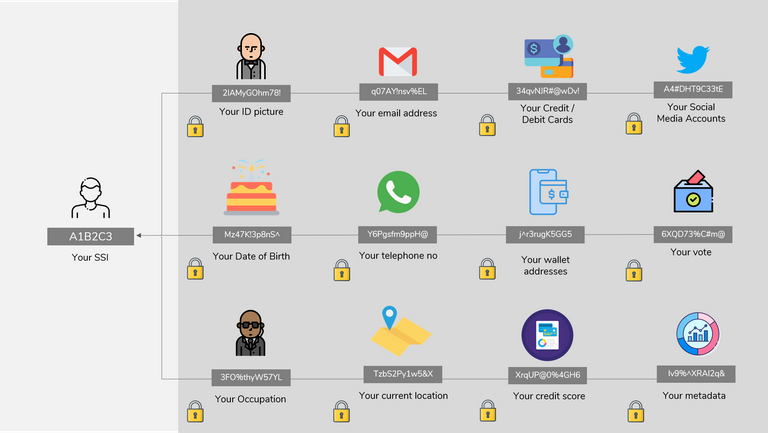
Notice that your SSID is separate from your personal data. I imagine a unique hash reference is used for every kind of data to attach to you.
So what does this mean?
This means you now have complete control over your data while being able to prove that you are you.
Here are some scenarios I'm looking forward to.
Scenario #1 - Attending an event
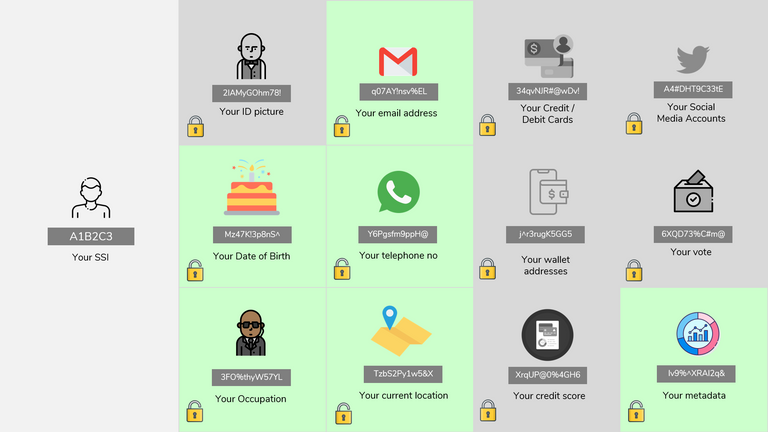
Imagine you can register for an event using your SSID.
As an event organiser, I would request the above data from your SSID for me to improve the event experience (e.g. how many people need vegetarian food) and prove to my sponsors X number of people from Y demographic has attended.
But I don't need your personal data.
Plus, you're constantly giving out your phone number and email address so that event organisers can contact you. In fact, you probably lost track how many people you've given this to.
So imagine if you gave your SSID instead, you can know who has access to your email and phone number and remove the access.
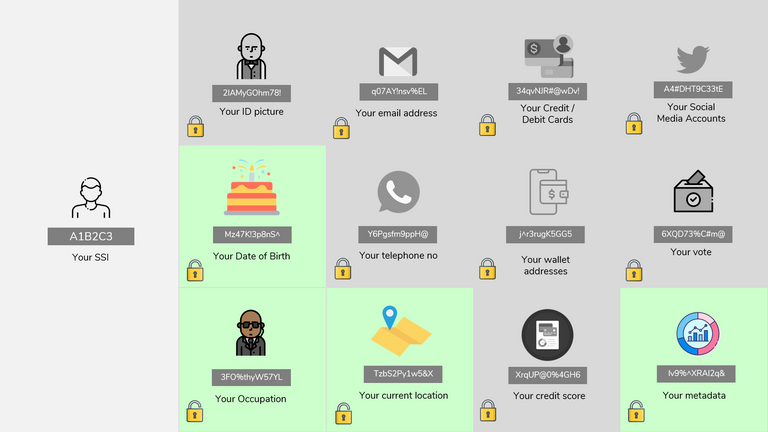
Scenario #2 - Applying for a loan
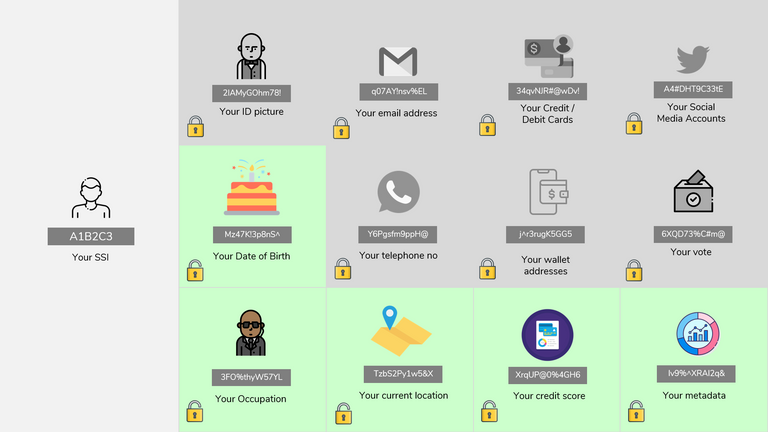
You can apply for funding using your SSID which has your credit score and/or business track record.
Your loan officer does not need to know your race, religious beliefs or caste in society. This way, even a stateless refugee who is unbanked and has a modest but profitable venture selling noodles in the last 12 months can get a loan to scale up their business.
Scenario #3 - Voting
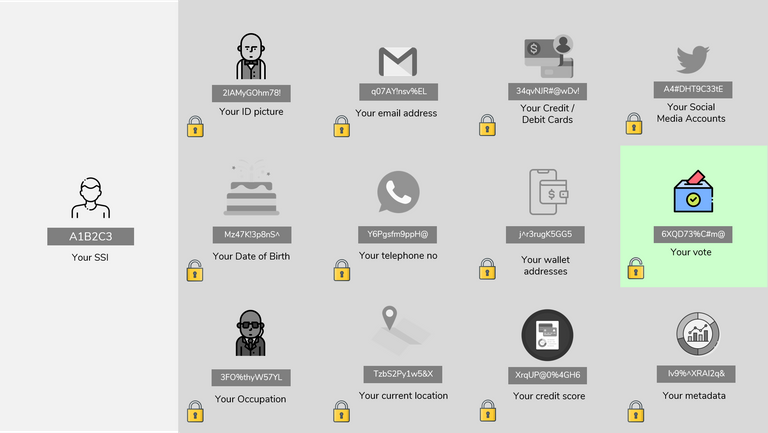
I'm exaggerating a little bit here... but the salient point is you only proof you are a unique person who has voted.
They don't need to know who you are.
Scenario #4 - Universal Basic Income
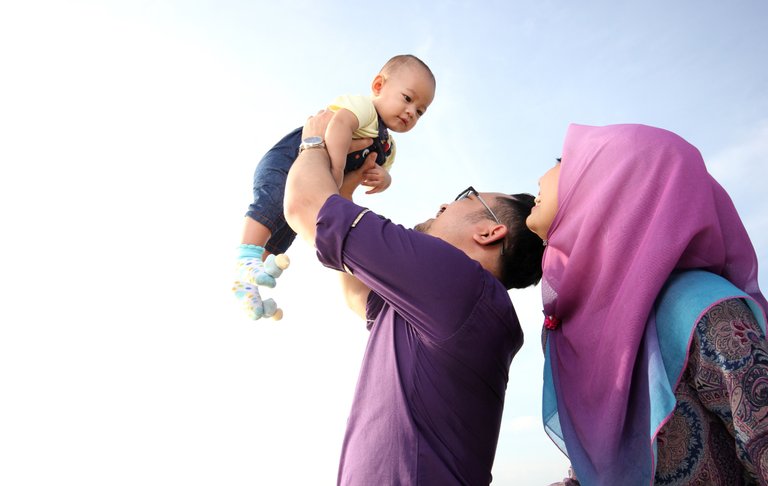
Haha! This is what you all are looking forward to --- right?
Especially now during the start of a global pandemic of COVID-19, people are forced to stay home, businesses grind to a halt, jobs & salaries are at risk --- could Universal Basic Income be revisited at a more timely moment?
One of the biggest concerns of Universal Basic Income (UBI) is how do you manage the greedy side of people who will attempt to game the system and claim UBI twice.
SSIDs can be that solution because you can trace that this person is unique and he/she can only receive it once.
Disclaimer: BrightID is an experiment for the public good on a global scale. It is part of the open, global, permissionless, censorship-resistant, privacy respectful movements. In short, using technology to do good because you can. There is no guarantee for success but we want see it successful.
What can you do?
I will write a separate follow up article on what are the steps to get started but feel free to explore on your own.
Get your SSID here and stay tuned for more updates.